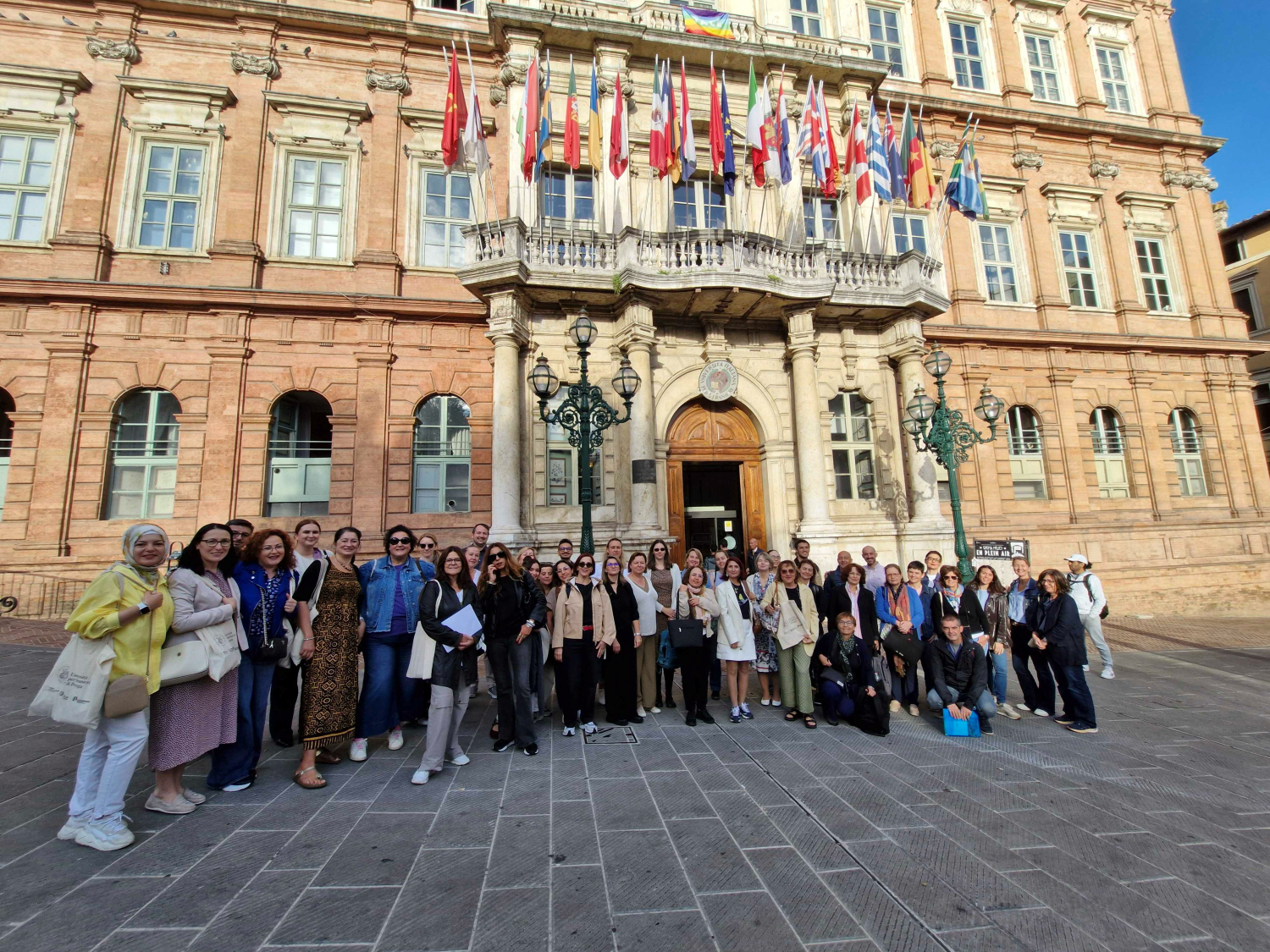

Back to currents
Reflections from the Leiden Meeting: Advancing Bi/Multilingual Disciplinary Literacies (BMDL)
Talip Gülle and Tarja Nikula-Jäntti
Oct 22, 2024

Reflections from the Leiden Meeting: Advancing Bi/Multilingual Disciplinary Literacies (BMDL)
Our two-day CLILNetLE meeting at Leiden University’s ICLON was a productive and insightful gathering. Special thanks go to Tessa Mearns, whose attention to detail and dedication to the success of the meeting made the event run smoothly and ensured that we were able to focus on the work at hand.

Day 1: Collaboration across Working Groups
The first day brought together colleagues from WG1 and WG5 for collaborative discussions, aimed at refining the conceptualization of bi/multilingual disciplinary literacies (WG1) and developing teaching and teacher training materials in CLIL contexts (WG5). The day kicked off with a review of the progress our Action has made so far. It was inspiring to see how far we have come as an Action, having already completed several major deliverables.
During the group work sessions, we centered on WG3’s report on curricular demands in the morning, and in the afternoon, we turned our attention to WG2’s work on discipline-specific CEFR descriptors and WG4’s survey on digital practices outside the school. One big takeaway from the day was the need to make BMDL more practical for educators by providing concrete examples of how to embed bi/multilingual practices in specific subjects. We also discussed the importance of considering students’ literacy development across different educational stages and integrating multimodal and translingual practices. Participants stressed the need for examples that show how these ideas can come to life in the classroom. There was also a lot of emphasis on the need to create comprehensive teacher training materials that help educators design tasks with clear language and content learning goals.

Day 2: Diving deeper into WG1
The second day was dedicated solely to WG1, where we built on the discussions from the previous day. We worked in interest groups, each focused on a specific research area. These groups are tasked with delving deeper into specific areas of research, such as curricular analysis of teacher education programs, teacher and student perspectives, and students’ discipline-specific performance. All this work will contribute to our next big deliverable—revised conceptualization where we aim to offer a more refined and comprehensive conceptualization of BMDL.
Here’s a brief overview of what each group worked on in the Leiden meeting:
Interest Group 1: Curricular analysis of teacher education programs
This team is analyzing secondary teacher education programs across Europe, looking at whether they include courses on CLIL methodology. In the next phase, the group will analyse curricular documents with a view to obtaining findings that can inform how disciplinary literacies can be embedded in teacher education curricula.

Interest Groups 2 & 3: Critical dimension of disciplinary literacies
In the Leiden meeting, members from these two groups worked together. They decided to focus on how the critical dimension of disciplinary literacies is manifested in the lower secondary history and science curricula in at least three countries. However, Interest Group 2 will also continue to work on its own specific research agenda, which involves looking into teachers’ expectations regarding their students’ disciplinary literacy performance.

Interest Group 4: Perceptions of disciplinary literacies in CLIL
This group is building on the data collected from a previous survey (administered by WG4) to explore how both students and teachers perceive bi/multilingual disciplinary literacies in CLIL classrooms. Their findings will help ensure that our refined conceptualization reflects real-world experiences in the classroom.

By the end of the meeting, every group left with a roadmap for their next steps. As we move forward, these interest groups will contribute to the work towards refining and conceptualization of BMDL. Next up, we will gather in Dubrovnik in March 2025 for another Action-level meeting— we cannot wait to see what progress we will have made by then!

Discover Related Posts
Find out about our activities and grant opportunities!

News
CLILNetLE 2nd Training School in Perugia
By
Talip Gülle
Date
Aug 8, 2023
Read More

Grants
Final collection of applications for conference grants for the current grant period
By
CLILNetLE
Date
Aug 8, 2023
Read More
Grants
CLIL NetLE's grant call for STSMs and VMs is now open
By
CLIL NetLe Communicationa Team
Date
Aug 8, 2023
Read More




